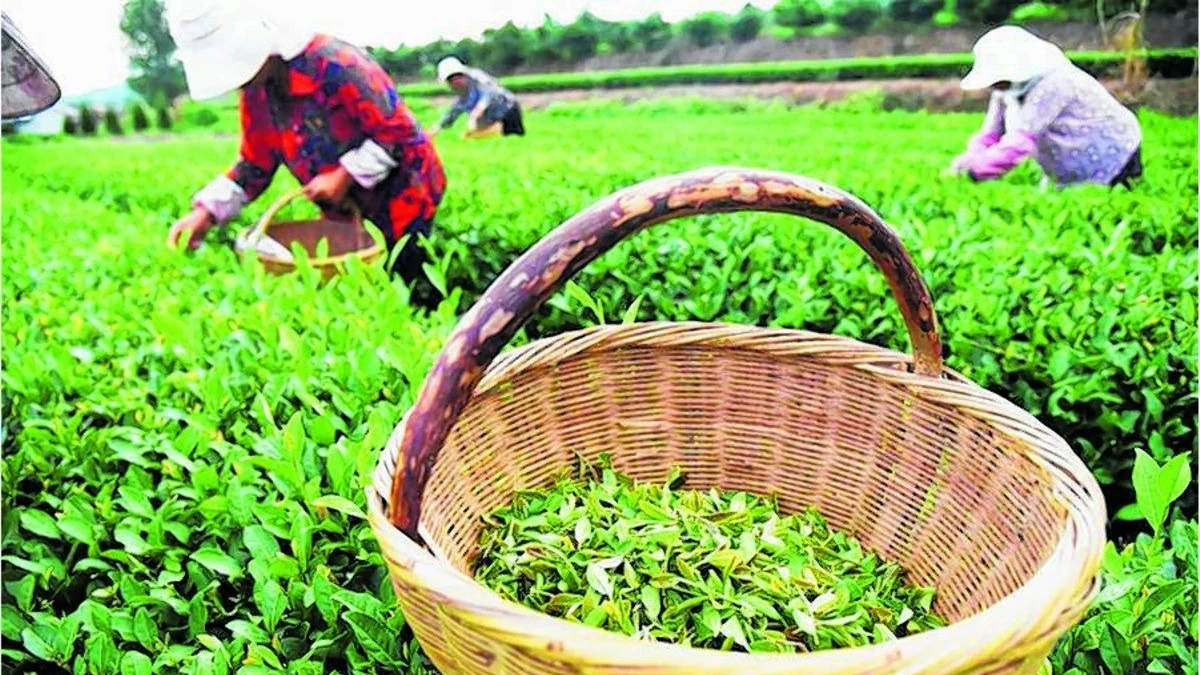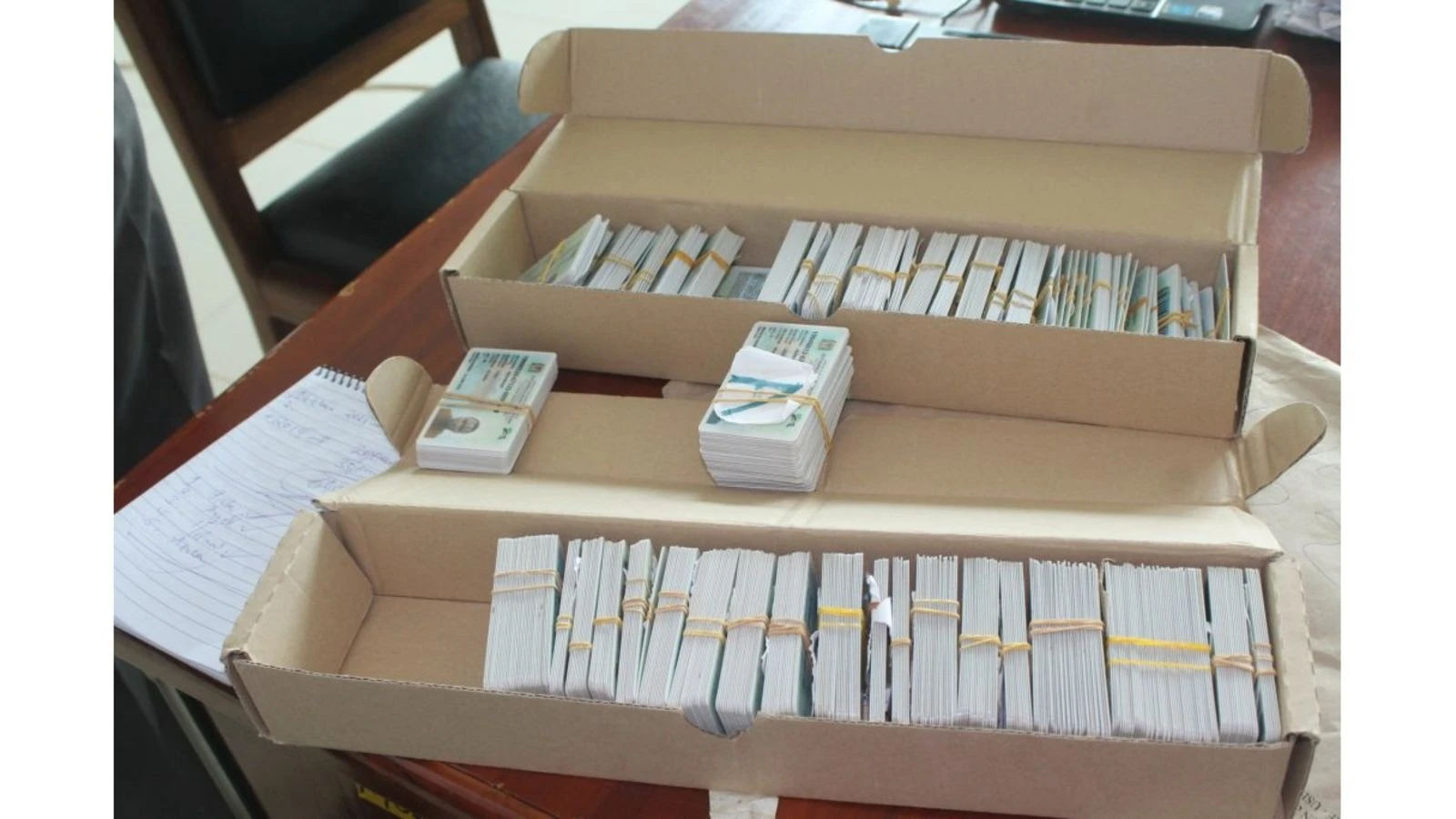Finding capable investors for tea farms, factories a perennial issue

THERE are yet again appeals to the government to consider handing over the management and ownership of tea farms and factories to investors known to have greater promise of faring generally better.
That demand is not new as the investors ‘earmarked’ are apparently understood en to be more capable than the state-owned firms that used to operate those outlays two or three decades ago. That this appeal is being heard again speaks volumes about the need for – and speed of – reforms.
As if that summary mood was not enough, a recent appeal from a relevant parliamentary committee is to the effect that smallholder farmers need to be involved in that process, which forecloses the matter.
In our view, what is needed is a farmers’ cooperative that takes up the farms and factories – that is, if the current investors are properly paid to pave the way for the newcomers. The issue is if the latter will manage to do things differently from the present.
Opinion will be divided as to how well the parliamentary committee fared in presenting that finding to the legislature, if that is the core of issues or there are aspects they did not wish to take up.
It is all part of the function of representation, where there is a thin line between duty and personal or group preferences, whether the public was offered an impression reflecting the depth of the matter legislators need to address.
Legislators drawing up an annual report of the committee’s work for 2024 mainly focused on the management of tea farms and factories, urging the government to swiftly conclude discussions with investors who have struggled to manage the sector.
One would need to see the report or listen to discussions to know if the problems faced by investors were addressed.
Without having to pursue an unrewarding task in helping with the problem facing the committee in what ails the current investors, it is possible for one to make a mental profile of the MPs’ attitude on the issue from another angle.
It relates to their sentiments about similar sectors reports on which they worked on, including having visited their sites to see what is actually taking place on the ground.
Their remarks on livestock and fisheries sectors voiced dissatisfaction with slow progress of some authorities involved in formal oversight.
Their view that the government needs to prioritise completing the remaining measures to ensure that these authorities are functional and can fulfil their intended roles was not surprising, similar to what they said on sugar and edible oils.
Their focus on concerns about insufficient local output was somewhat outmoded as plenty has been done since, which was scarcely reflected in the conclusions. Nor was the idea that the government needs to intensify efforts to attract investments in sugar factories revolutionary.
Having the committee recommend intense regulation of livestock and fisheries and seek other investors for factories sold out more than 30 years ago while unable to figure out why they aren’t performing might suggest that economic reform wasn’t the focus of discussion in the committee.
The committee will likely have wanted to see how farmers or producers in various sectors could land assistance and, in the particular case of tea, become part of the decision making or take over the firms.
It would mean that reforms would likely restart after sharp budget cuts are made, and that requires an external event like a decline in foreign aid.
Top Headlines
© 2025 IPPMEDIA.COM. ALL RIGHTS RESERVED

















